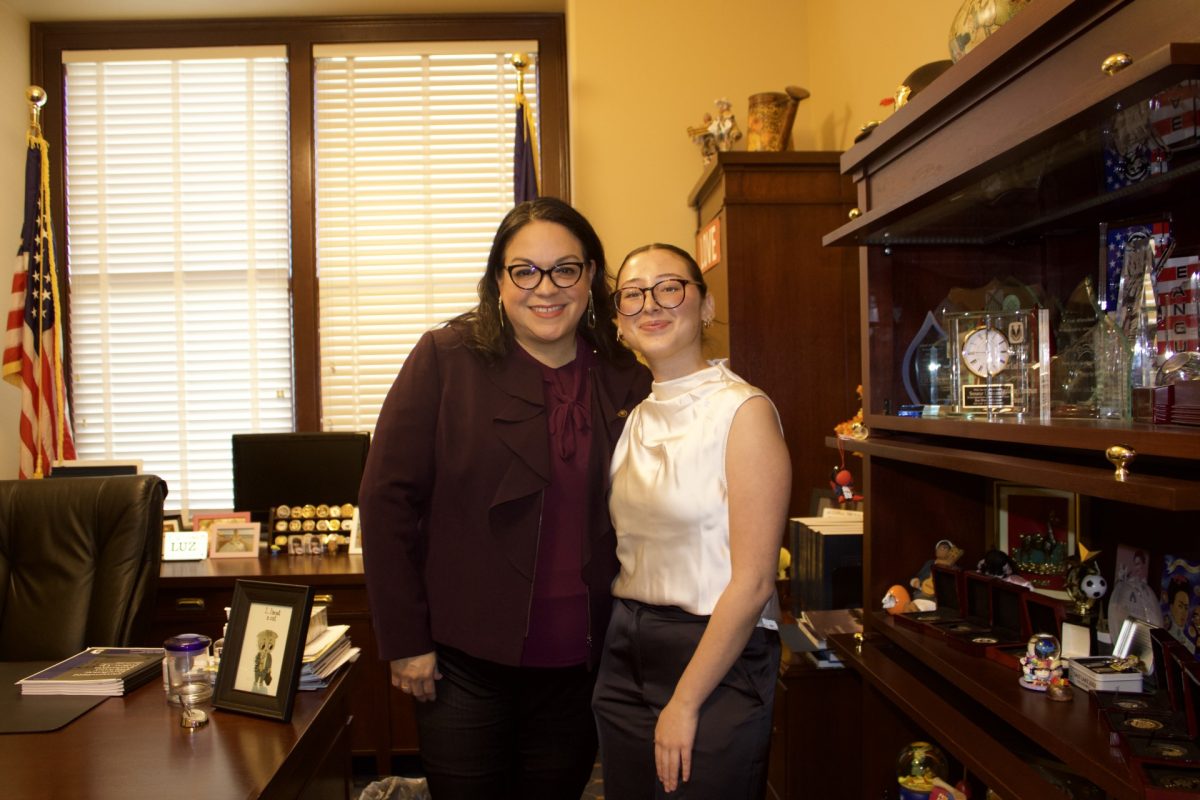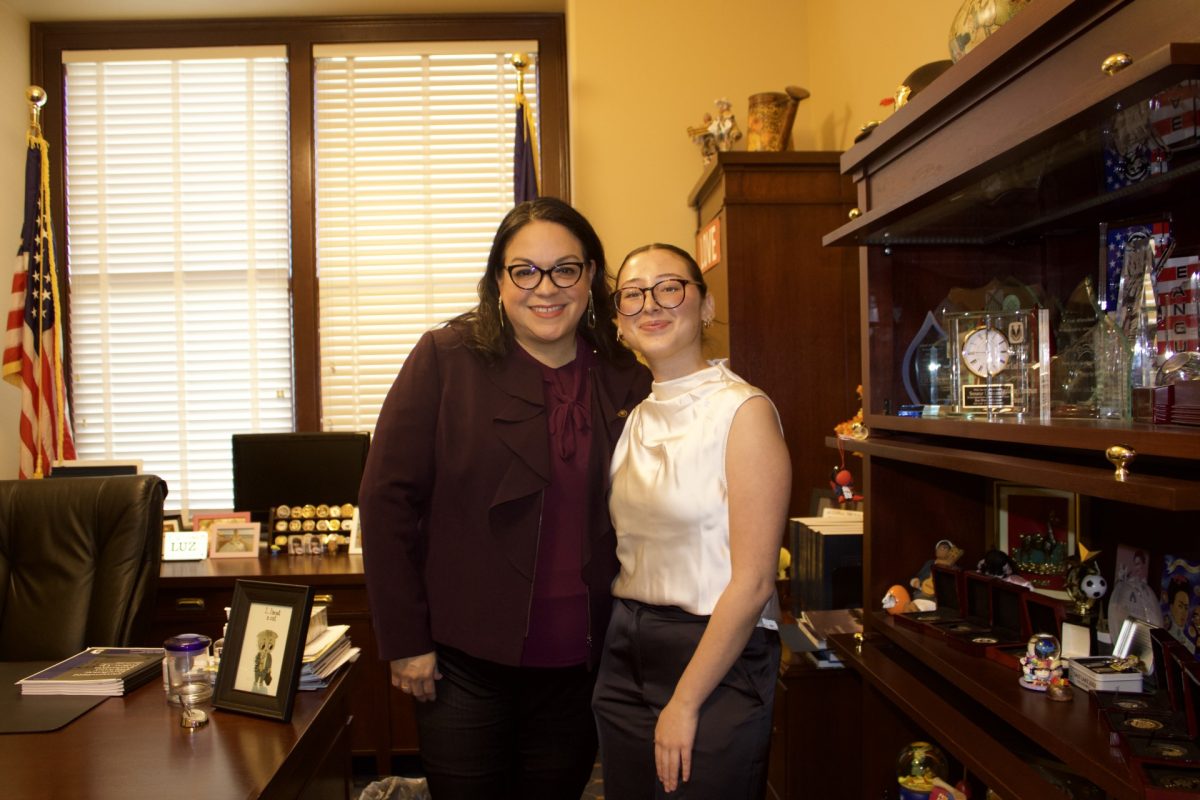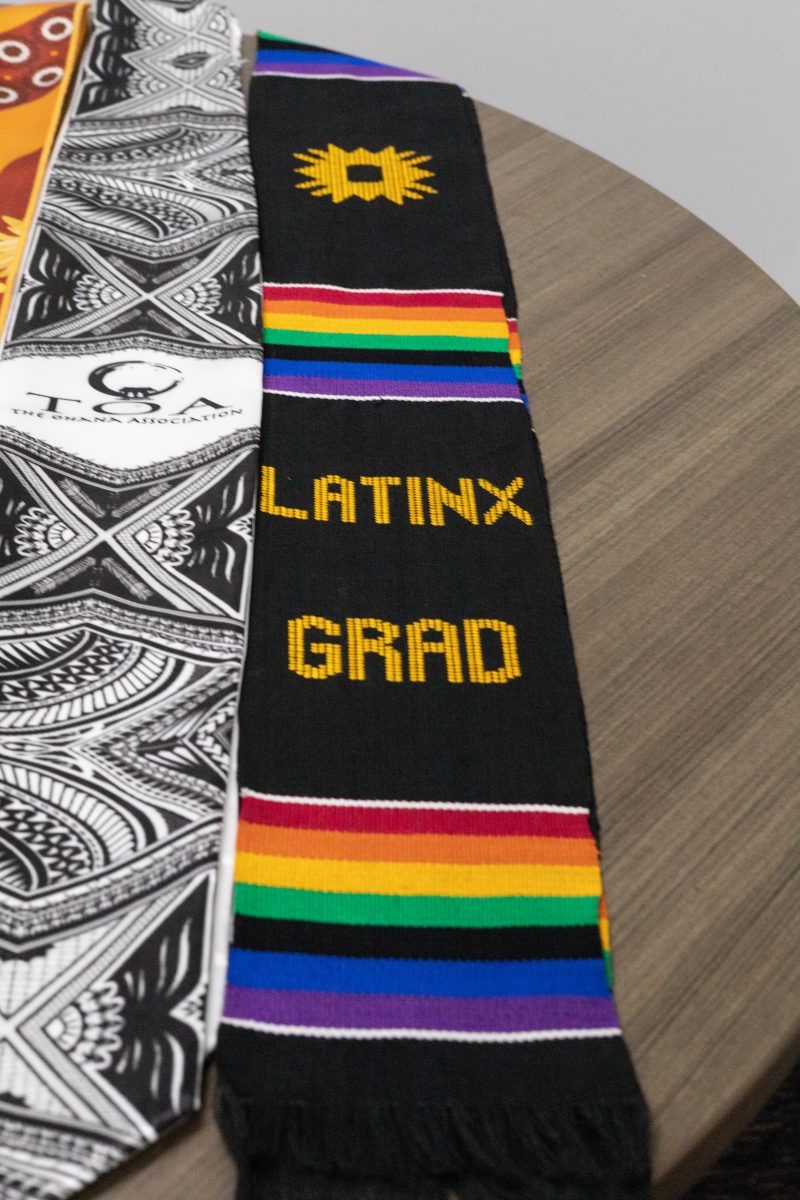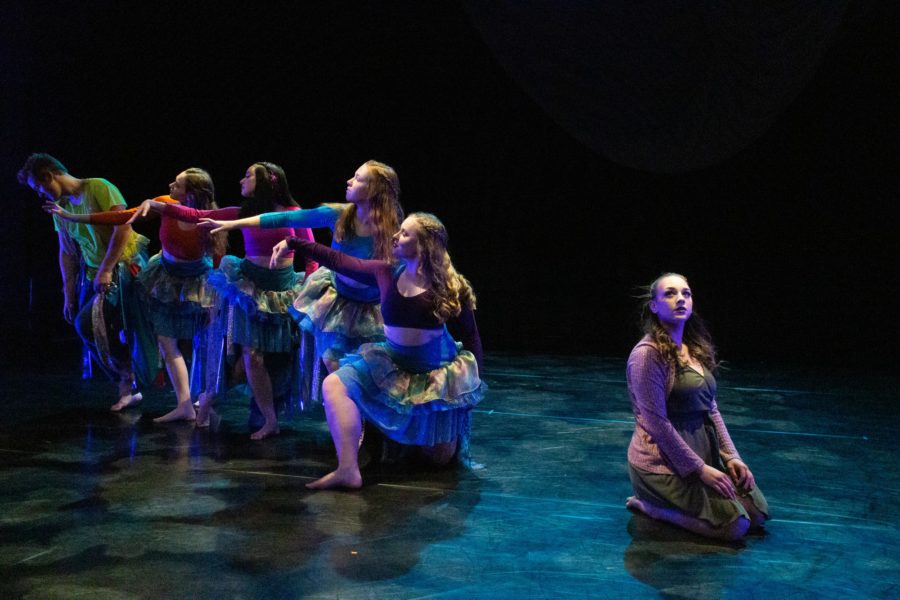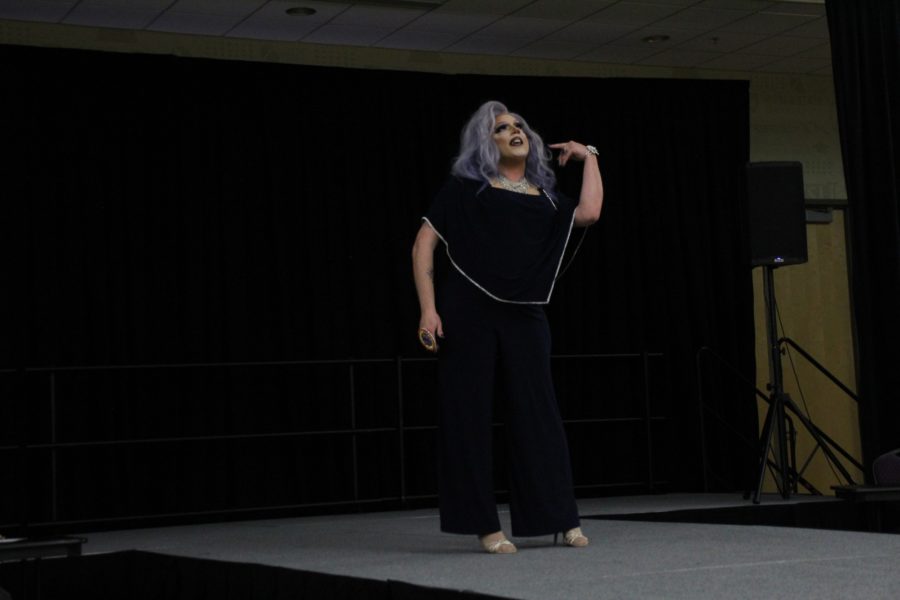The modern world of music attempts to create an open mind towards sexual identity. One band in particular has brought a lot of awareness to the LGBT community: punk rock group Against Me!
Lead singer of Against Me!, Laura Jane Grace, came out as transgender in 2012 and moved to help others understand gender identity.

Seen in the past wearing a shirt reading “gender is over,” Grace has made this cause of awareness within the LGBT community one of Against Me!’s primary goals.
The group’s 2013 release, “Transgender Dysphoria Blues,” addressed issues of being transgender in the world today. Songs such as “True Trans Soul Rebel” and “Unconditional Love” depict the perspective of dating and finding love in an indifferent world.
Grace has expressed desire to make the public aware of the challenges that transgender individuals face on a daily basis.
“Trying to cause chaos — I think that’s the way I create change,” Grace said in an interview with Rolling Stone. “Do you realize how crazy I sounded going into a psychotherapist and being like, ‘I’m coming out in Rolling Stone magazine?'”
The modern world of music presents an openness toward the LGBT community, yet it wasn’t so long ago that many musicians hid their sexual identities from the public.
At the beginning of his career, Elton John represented himself as a heterosexual man. In 1976, he revealed in an interview with Rolling Stone that he was bisexual, sparking controversy.
Rolling Stone received letters calling John a “pervert,” and many threatened to cancel their subscription. John’s popularity dropped from the interview before rising again in the early ’80s.
In the ’70s, many artists such as Freddie Mercury and David Bowie had to conceal their sexual orientation due to fear that it might hurt their careers.
Even in the ’90s, several pop artists felt they could not reveal their sexuality, concerned that it might make them appear too controversial.
Member of NSYNC Lance Bass has been very vocal about his fears of coming out while in the group.
“I knew that I was in this popular band, and I had four other guys’ careers in my hand,” Bass said in an interview with People Magazine. “And I knew that if I ever acted on it or even said (that I was gay), it would overpower everything,” He also said he feared his coming out would be the end of NSYNC.
Pop musician Ricky Martin came out in 2010 as gay and used it as an opportunity to discuss that same-sex couples can be fit parents to raise children.
While some fans adopted a more negative opinion of Martin and his lifestyle, the Gay and Lesbian Alliance Against Defamation, also known as GLAAD, embraced Martin’s coming out.
“When someone like Ricky Martin comes out, hundreds of millions of people now have a cultural connection with an artist, a celebrity and, perhaps most importantly, a father who happens to be gay,” said Jarrett Barrios, President of GLAAD, in a press release. “His decision to model this kind of openness and honesty can lead to greater acceptance for countless gay people in U.S., in Latin America and worldwide.”






